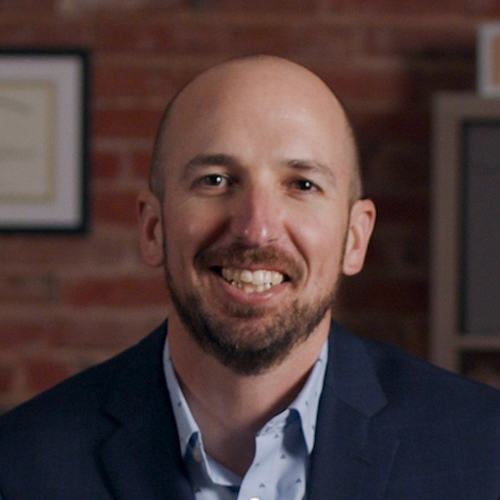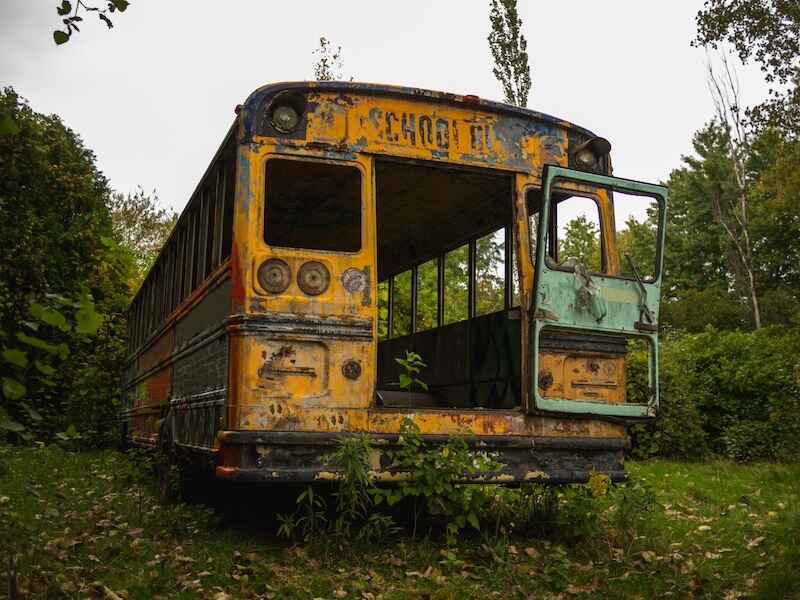What Happens if the Fed Fails?
Andy Snyder|May 19, 2022

Our town is not big.
The biggest thing that’s happened here is Abe Lincoln coming through on a train on his way to Gettysburg… and then coming through again after a bullet had ended his life.
But it’s not surprising that a small, sleepy town named for the nation’s third president was once a hotbed of politics.
In fact, its history has a lot to do with the money in your wallet today.
You see, we recently found a proclamation made by our long-lost neighbors – probably some of the folks who laid the thick stone farmhouse walls that surround us.
On a cool Friday evening in 1836, they gathered by lamplight in the town’s old tavern and unleashed their angst on a familiar foe, a failed central bank known as the Second Bank of the United States.
They started thusly:
Whereas, A Bill has been passed by the legislature of Pennsylvania, renewing the charter of the United States Bank; and whereas the Democratic citizens of this commonwealth look with an eye of mistrust upon powerful monied monopolies – the citizens here assembled deem it their duty to express their decided reprobation of the United States Bank.
The battle between the states and the Union that bound them was already brewing.
And like all things, money was at the center of it.
The beer flowed, and the anger grew…
That we look upon the charter of the U.S. Bank as unconstitutional; and that it will prove ruinous to the great mass of the people, and only advantageous to a few individuals who will increase their wealth by opposing their fellow citizens. We therefore cannot consent to have the Bank forced upon us.
Change a few phrases, tweak a few words and you could find the same theme in the editorial column of any good rag of record these days.
That’s why it’s key to read the next line with a close eye…
That the U.S. Bank is seeking undue power over the affairs of our state government, which it will not fail to exercise as soon as the people by quiet submission, tacitly agree that it shall retain its ill-gotten charter.
The old boys at the bar got it right.
Give ’em an inch, and over the next two centuries, they’ll take 30 trillion miles…
The angered citizens of the day knew that once a central bank got its foot under the thick vault door, the citizens of the realm would slowly grow used to the profaneness of it all.
That we invite our Democratic brethren to assemble and re-assemble, and reiterate their denunciations against the mammoth bank, until the foul corrupt institution shall totter and fall to the ground before the majesty of an outraged commonwealth of freemen.
We’ll raise a glass to that.
Failure… and More
The men, many of whom are buried in a cemetery just half a mile from our home, got their way.
Andrew Jackson privatized the bank.
For the second time in the nation’s then-50-year history, its central bank had failed.
Most folk don’t know what came next. Perhaps that’s the problem these days.
Pay attention here.
In a bit of a populist move, Jackson turned to the oldest form of money. With the central bank and its funny money out of business, he forced folks to pay for the land grab out West with gold and silver.
With metal quantities naturally constrained, the bubble in land prices popped… speculative lending stopped… unemployment surged… and a seven-year depression ensued.
Worse yet, cotton prices fell.
The “cotton dollar,” as few history books will tell you, was the equivalent of the petrodollar today. It lubed up international trade and kept American dollars worth something.
But when prices fell… everything else fell apart.
The depression was fierce. And there was no printing press to fix it.
History Repeats
All the fingers pointed at the politicians. The Democrats of the day blamed the bankers. The Whigs blamed Jackson. And Martin Van Buren, who inherited the mess just five weeks into his presidential term, caught the official blame, chiefly because he refused to intervene.
A central bank caused the mess, he believed, so how could a central force fix it?
He led the country in the direction opposite of where it begged to go.
His “Independent Treasury” plan – which held sway until the creation of the Federal Reserve – called for the U.S. to store its wealth in vaults, not banks.
It was a fine idea… but hell on his political career.
Van Buren, of course, served just one lousy term.
And the dollar hasn’t looked the same since.
Today, we appear to be marching toward a similar crossroad. Jay Powell came out on Tuesday and pledged us the world. He’ll do whatever it takes, he said, to save us all from inflation.
Is this the start of the nation’s third central bank failure?
What happens after a Fed chief begs the people to print more… and then admits he printed far too much?
We’ll soon see.
No doubt, history is about to be made.
The boys at the bar aren’t going to like it.

Andy Snyder
Andy Snyder is an American author, investor and serial entrepreneur. He cut his teeth at an esteemed financial firm with nearly $100 billion in assets under management. Andy and his ideas have been featured on Fox News, on countless radio stations, and in numerous print and online outlets. He’s been a keynote speaker and panelist at events all over the world, from four-star ballrooms to Capitol hearing rooms.



